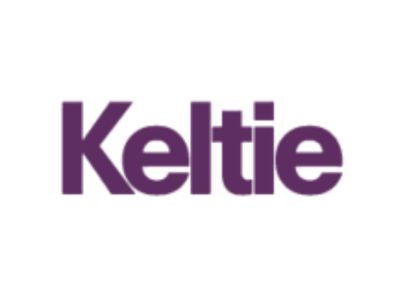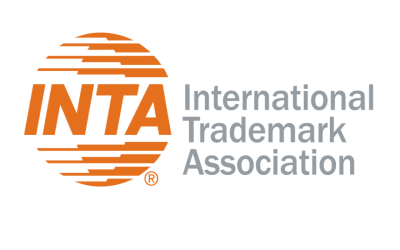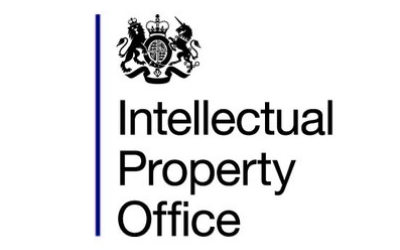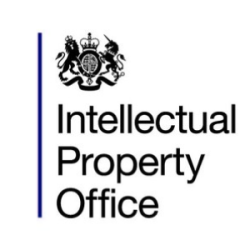On 31 October 2024, the High Court of England and Wales handed down its judgment in Shorts International Limited (‘SIL’) v. Google [2024] EWHC 2738 (Ch) regarding Google’s use of ‘Shorts’ in relation to its ‘YouTube Shorts’ service. ‘YouTube Shorts’ launched in the UK in 2021 and is an online video platform that allows users to upload and share videos that are less than 60 seconds long.
SIL claimed infringement in respect of its UK trademark registrations for ‘SHORTS’ and ‘SHORTSTV’ covering inter alia goods and services relating to short films and videos under Section 10(2) and 10(3) of the Trade Marks Act 1994 (TMA). SIL also claimed passing off. Google denied the claims and argued that SIL’s registrations were invalid under Section 3(1) of the TMA given the non-distinctive and descriptive nature of ‘shorts’ for short videos and films.
Validity of SIL’s trademark registrations
This judgment considered the meaning of the word ‘shorts’ and held that, at the relevant dates, ‘shorts’ not only included ‘short films’ but also included ‘other short-form audiovisual content.’ It was held that most of SIL’s registrations are valid but that the trademarks ‘have low inherent distinctive character’ and do not benefit from enhanced distinctive character established through use.
Infringement and passing off
Google successfully defended the claims of infringement and passing off. The Judge considered that some of Google’s use of the word ‘shorts’ was purely descriptive. Further, ‘shorts’ was also used in combination with an element acting as an indication of origin (for example, in combination with the well-known and established YouTube trademark). The Judge ruled that ‘none of Google’s uses of signs including the word “shorts”’ resulted in a likelihood of confusion.
Whilst the Judge found that there are similarities between Google’s signs and SIL’s trademarks and that this ‘will give rise to a link in the minds of the limited group of UK consumers amongst whom SIL’s trademarks have a reputation, Google’s uses of signs including the word “shorts” will not cause damage to the distinctive character or repute of SIL’s trademarks’. The similarities concern the aspects of Google’s signs, which are descriptive.
If there had been a finding of a likelihood of confusion or detriment to the distinctive character or repute of SIL’s trademarks, Google’s defense of ‘honest practices’ under section 11(2)(b) would have been rejected.
In order to succeed in a claim for passing off, the following three elements need to be established: goodwill, misrepresentation, and damage (Reckitt & Colman Products Inc v. Borden Inc [1990] 1 WLR 491 at 499). The relevant date was the date on which Google commenced the acts complained of in June 2021. While it was held that SIL had protectable goodwill relating to a limited group of UK consumers in June 2021, this did not extend to the word ‘Shorts’ alone. Google’s use of ‘shorts’ in various forms will be perceived as describing the nature of the videos. In this regard, it did not amount to a misrepresentation as ‘there is no possibility of substantial numbers of members of the public being misled into believing that YouTube Shorts is a service of SIL’ or authorized, licensed, or approved by SIL. There was no evidence that anyone had been deceived, and Google’s use did not cause damage to SIL’s goodwill. As such, the passing-off claim failed.
This case has unsurprisingly sparked public interest and is a reminder of the difficulties that brands may face enforcing trademarks with low inherent distinctive character.

Written by Eleni Mezulanik
Director and Chartered Trade Mark Attorney, Keltie LLP
You may also like…
COLD PALMER: lessons for athletes looking to protect their image
Modern athletes are brands. Just like traditional brands, they generate revenue through their image, licensing their...
INTA to bring its 2026 Trademark Administrators and Practitioners Meeting to Baltimore’s historic Inner Harbor
New York, New York—September 30, 2025—The International Trademark Association (INTA) is pleased to announce that it...
New Minister appointed with responsibility for intellectual property
The UK Intellectual Property Office (UKIPO) CEO has welcomed the new Minister. Kanishka Narayan MP has been confirmed...
Contact us to write for out Newsletter













